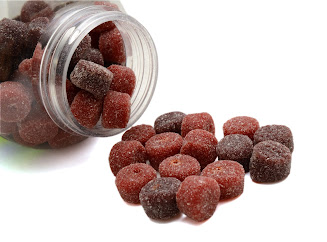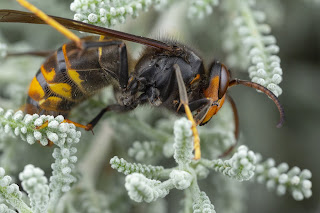It is the most wonderful time of the year, but it can also be the most dangerous. The Texas Poison Center Network is an incredible free resource for the community. Specialists in Poison Information can provide answers to all your questions and concerns regarding your health and any potential poisoning, especially around the holidays. You never know when you might need to call them, so take a moment to save this number in your phone: 1-800-222-1222.
Here are
five reasons to call Poison Control during the Holiday Season:
1. For Potential Medication Mix-Ups: More people are home during the
holidays and leaving out medications where others could get to them could lead
to medication mix-ups. If you accidentally take something, or someone you know
took something they should not have, then please contact a poison center for
help.
2. If you are Not Sure if Your Child Ingested
Something: Over 60
percent of poison calls come from parents or guardians of children under six. That
is why it is important to keep medications and cleaning supplies locked up,
away and out of reach of children. If you find your loved one with something in
their mouths or feeling ill from something ingested, please do not hesitate to
call a poison center for help!
3. For Any Bite or Sting Help: Although most bites or stings can
hurt, they are not all worrisome. Most people will feel better with a little
first aid. If you are having an allergic reaction to a bite or sting, you can
call the poison center for assistance. They can help identify and alleviate the
issue with a simple phone call.
4. For Medication Identification: Do you have family visiting for the
holidays? It is common for family members to keep their medication in a daily
pill reminder. These are helpful to the user but can be dangerous with children
around since they are easy to get into and can spill on the floor. If you find
a medication on the floor and are not sure what it is, you can call a poison
center to help identify the medication.
5. For Any Interaction with a Poisonous
Plant (especially
some holiday plants this time of year!): Christmas trees, Christmas cactus,
holly berry and mistletoe are just a few of the holiday plants that can either
cause irritation to the skin or cause other adverse reactions if eaten or
swallowed. These types of trees or plants should be left out of reach of
children.



















